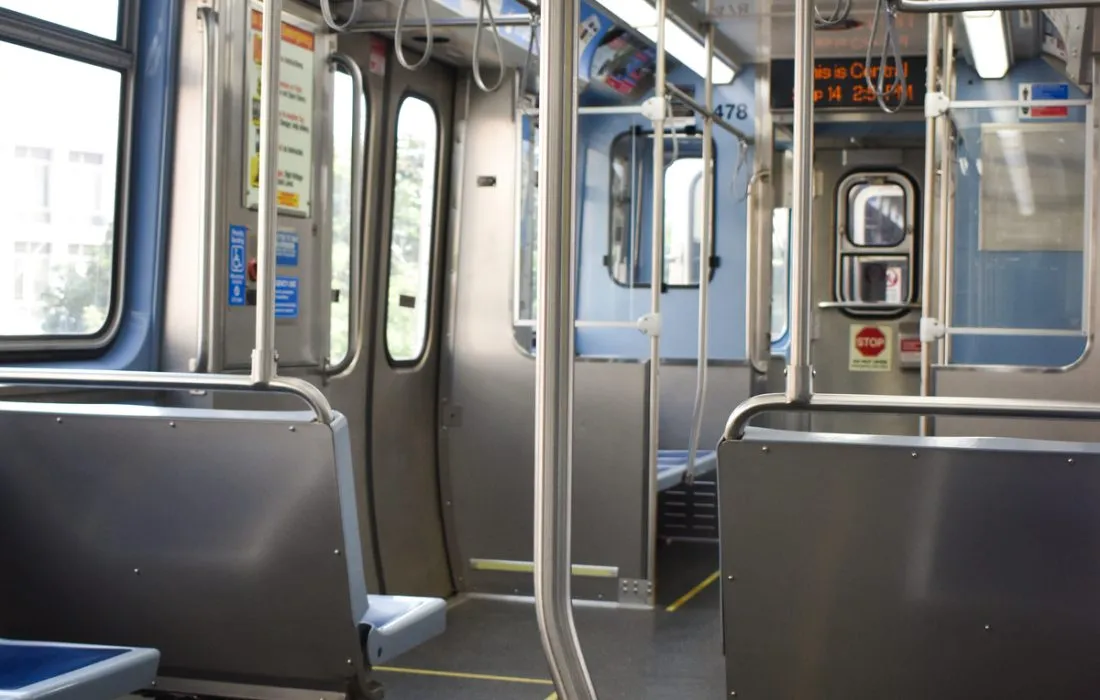CHICAGO — On Friday, Chicago took a significant step toward transforming public transportation by launching the “Regional Day Pass” — an innovative initiative that allows passengers unlimited travel on CTA buses and trains, Metra, and Pace services for a single day. Announced as a joint project of three transportation giants and the Regional Transportation Authority (RTA), this program promises to simplify mobility in one of America's most sprawling metropolises, where millions of people commute daily between downtown, suburbs, and neighboring counties. At a time when rising fuel prices and traffic congestion threaten mobility, Chicago is betting on integrated transit as the key to the future.
“This is more than just a ticket,” said CTA interim President Nora Lirsen at a downtown press conference. “It’s our vision of how public transportation can unite the region, making it more accessible and convenient for everyone.” The new pass, available through the renovated Ventra app, allows passengers to seamlessly transfer between CTA buses and trains, Metra commuter trains, and Pace buses, creating a unified transportation ecosystem. The ticket price varies depending on Metra zones: from $10 for one zone on weekdays to $9.50 on weekends, with discounted fares starting at $6 for cardholders with reduced fares.
The launch of the pass caps off years of efforts by the RTA to integrate fares, which were long hindered by bureaucratic barriers and competition among transportation agencies. According to insider information obtained from CTA sources, negotiations accelerated after COVID-19 revealed vulnerabilities in the fragmented transit system, when passengers, especially from the suburbs, reduced trips due to planning difficulties and high costs. In 2024, CTA reported a recovery of passenger volume to 85% of pre-pandemic levels, but Metra and Pace remained behind, prompting radical changes.
For Chicago residents like Emily Rodriguez, a 29-year-old marketer from Evanston who commutes daily to the Loop, the pass has become a real lifesaver. “I used to spend $12 on Metra and another $5 on CTA to get to work and back,” she says. “Now, for $13.50, I can ride as much as I want, even for errands around the city.” Analysts predict that the pass could boost ridership by 10–15% in the first year, especially among young people and tourists eager to explore the region from Lake Michigan to suburbs like Naperville or Schaumburg.
However, the initiative has not been without challenges. According to sources within RTA, the program’s funding partly depends on Illinois state subsidies, which are in question due to budget constraints. Additionally, CTA drivers’ unions expressed concerns about potential overcrowding on buses and trains without a corresponding increase in staffing. “It’s a great idea, but we need investments in infrastructure to make it work,” said Robert Kelly, president of Amalgamated Transit Union Local 308. In response, CTA and Metra have pledged to upgrade rolling stock and add new routes by the end of 2026.
The broader context only underscores the significance of this step. Chicago, fighting economic inequality and environmental issues, views public transit as a tool for reducing carbon emissions and providing access to jobs. According to the U.S. Department of Transportation, traffic congestion in the Chicago region costs the economy $8 billion annually in lost productivity. “The Regional Pass is not just about convenience — it’s an economic and social strategy,” says Doronda O’Brien, executive director of RTA, who called the program “a model for other American cities.”
Chicago Mayor Brandon Johnson, who made transit equity a central part of his campaign, called the pass “a victory for working families.” Yet critics, including some city council members, point out that the program does not address low bus frequency in predominantly African American and Latino neighborhoods such as Englewood and Little Village. “It’s a step forward, but we can’t leave the South and West Sides behind,” stated Alderman Desmond Yancy.
As passengers download the updated Ventra app and transit agencies prepare for a surge of users, Chicago stands on the brink of a transit revolution. Whether the regional pass will be a catalyst for uniting the city and its suburbs or remain an ambitious experiment depends on how the city seizes this moment. But one thing is clear: the wind of change blows through the city, and riders are ready to board this train.



